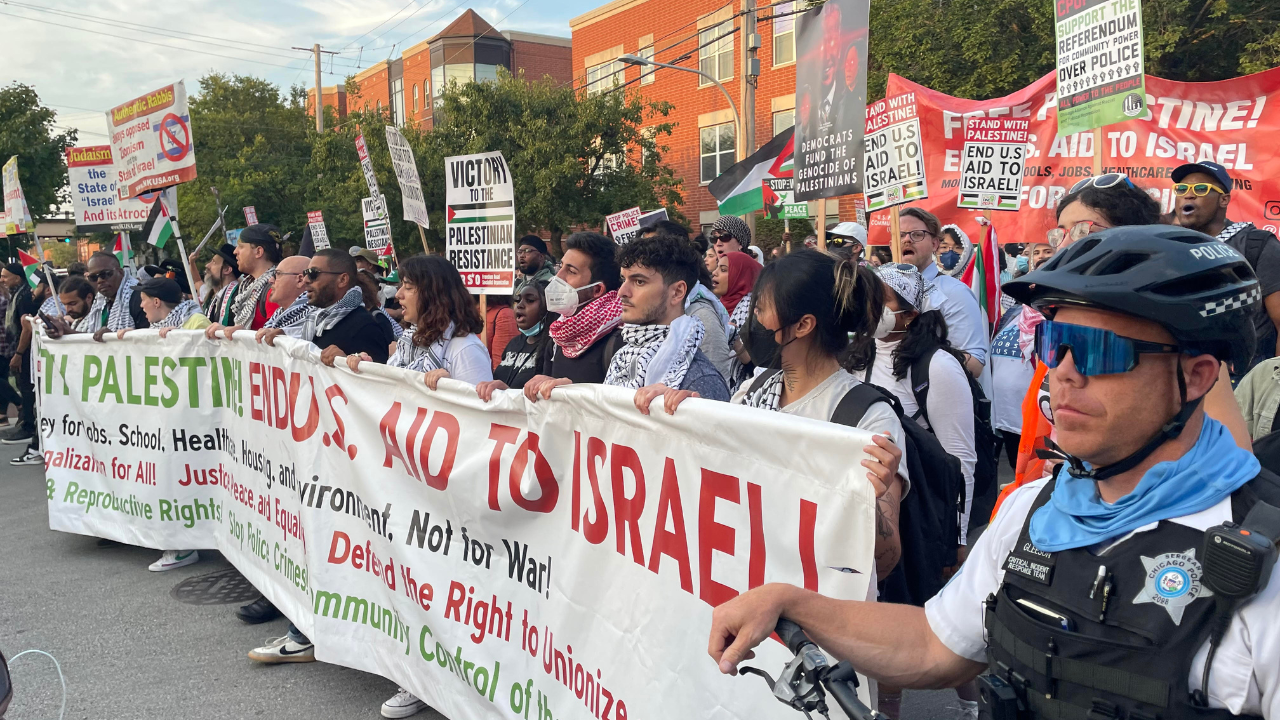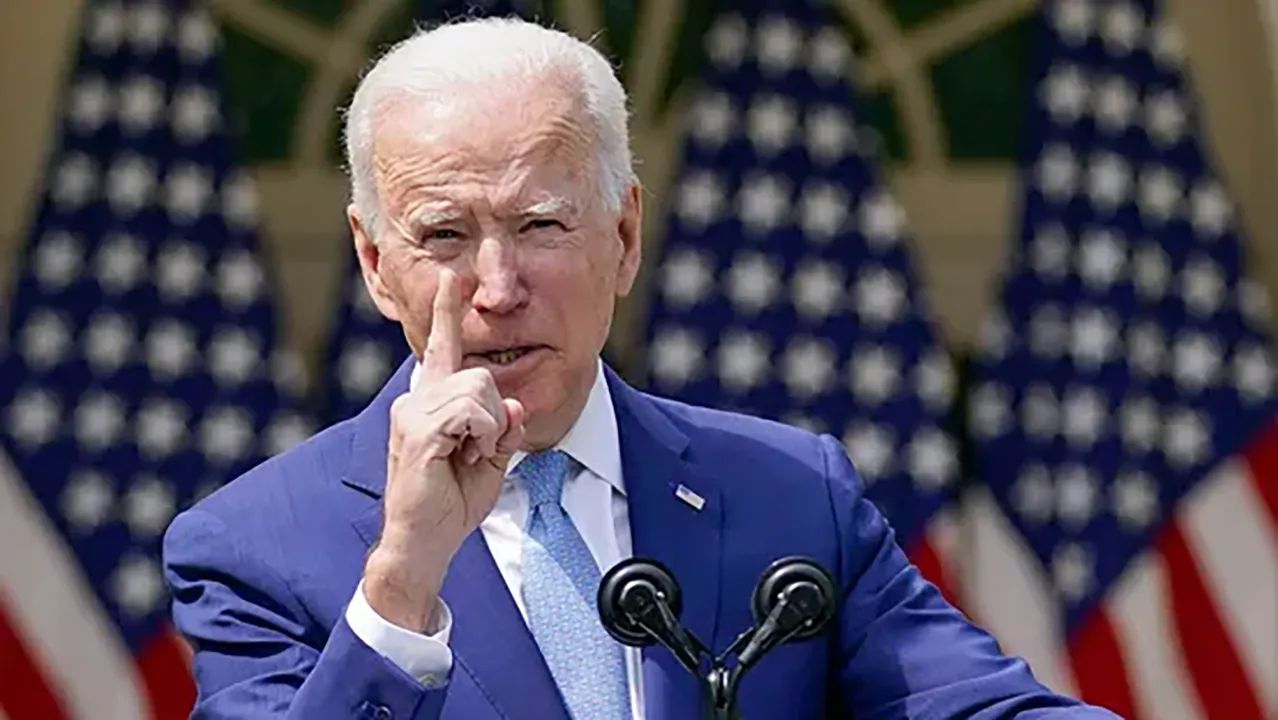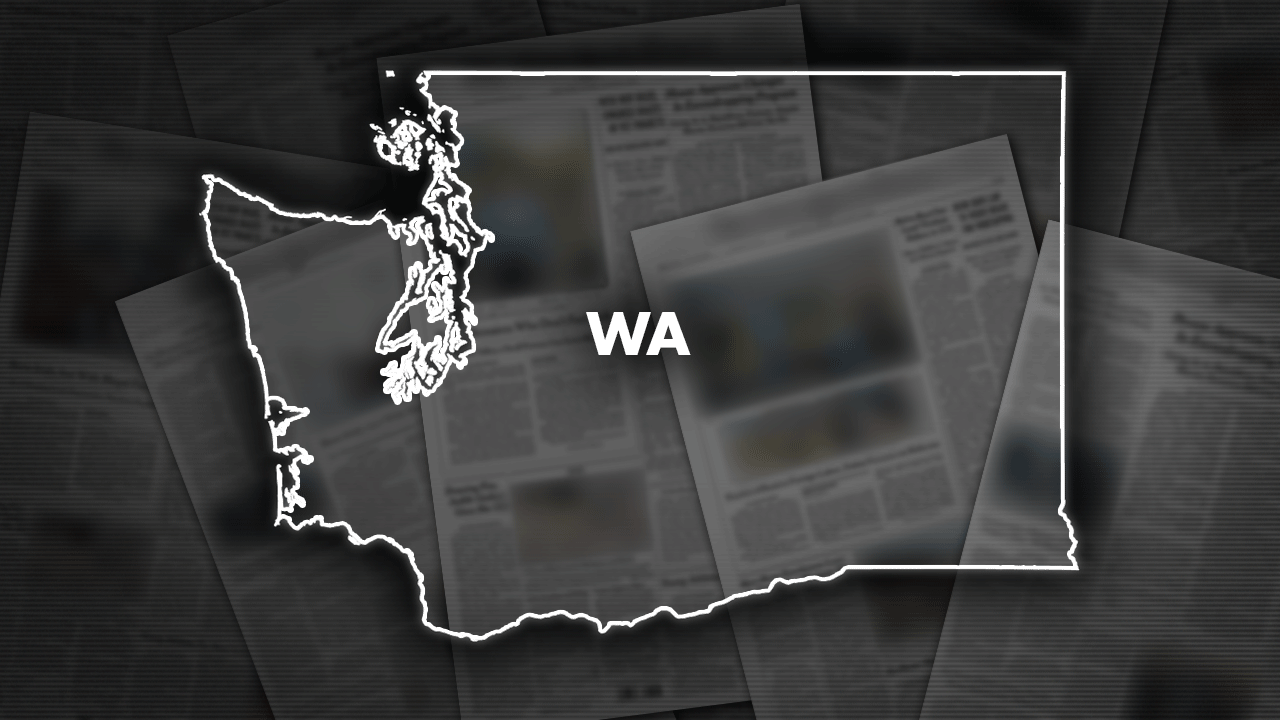At some point soon, the Supreme Court’s ruling on presidential immunity will land back with the judge who is handling the case from which it sprang — the criminal prosecution of Donald J. Trump on charges of plotting to overturn the 2020 election.
And when that happens, the judge, Tanya S. Chutkan, will face a daunting task.
Judge Chutkan will have to sort through the 45-page indictment, making decisions about which of its many allegations can move forward and which will have to be tossed out.
The Supreme Court has held that former presidents are completely protected against accusations arising from their core constitutional duties, but that they can face prosecution for unofficial acts they took while in the White House.
The court also created a third, more complicated category, which will most likely be the focus of Judge Chutkan’s work. The court said that Mr. Trump is presumptively immune from prosecution for all official acts, but that prosecutors can overcome that presumption if they can show that filing charges related to official acts would not result in any intrusions on “the authority and functions of the executive branch.”
It remains unclear when Judge Chutkan will begin considering how much of the indictment can survive, but the Supreme Court gave her some guidance — albeit very muddled — for how to approach the questions its ruling created.
The indictment filed against Mr. Trump in Washington by the special counsel, Jack Smith, accused the former president of using five chief methods to subvert the last election.
Here is a look at what the court said about each of them.
Strong-Arming the Justice Department
Prosecutors say that one of the ways Mr. Trump sought to remain in power was by asking two top officials in his Justice Department — Jeffrey A. Rosen, the acting attorney general, and Richard P. Donoghue, Mr. Rosen’s deputy — to conduct what amounted to sham investigations in an effort to validate Mr. Trump’s claims that the election had been marred by widespread fraud.
The purpose of those inquiries, both men have said, was to give Mr. Trump and Republicans in Congress cover to claim that the vote count had been rigged.
When the two officials refused Mr. Trump’s request and told him that there was no evidence of fraud, Mr. Trump sought to replace them with a loyalist, Jeffrey Clark, who was then in charge of the Justice Department’s civil division.
Mr. Clark offered to give Mr. Trump what he wanted, prosecutors say. He promised to send a letter to the governor of Georgia declaring that the department had in fact found irregularities in the election and asking him to convene his state legislature so that it could create an alternative slate of electors that supported Mr. Trump.
In its ruling, the Supreme Court said Mr. Trump was absolutely immune to the charges based on those communications because his discussions with the Justice Department — even about phony investigations — were part of his core constitutional duties. The court’s decision means that portion of the indictment is virtually certain to be thrown out, with Judge Chutkan having no substantive say in the matter.
Moreover, the court’s ruling also probably means that Mr. Smith will not be able to rely on testimony from any department officials in seeking to prove other parts of his case. Those officials could include not just Mr. Rosen and Mr. Donoghue, but also former Attorney General William P. Barr, who told Mr. Trump that the election had not been rigged.
That is because the court has decided that any evidence related to a president’s official acts cannot be used to bolster even charges that stem from personal acts.
Another way Mr. Trump sought to stay in power, prosecutors say, was by opening a campaign to pressure his vice president, Mike Pence, to try to alter the results of the election at a proceeding intended to certify them. That proceeding took place at the Capitol on Jan. 6, 2021.
In his role as president of the Senate, Mr. Pence presided over the final count of the Electoral College votes that would ultimately certify Joseph R. Biden Jr.’s victory.
But in conversations with Mr. Pence and his aides leading up to Jan. 6, Mr. Trump and his allies sought to push the vice president into rejecting the legitimate electoral votes or, as an alternative, into sending them back for a review by state legislatures.
Writing for the court’s majority, Chief Justice John G. Roberts Jr. spent several paragraphs in the immunity decision pointing out how intimately presidents and vice presidents work with each other.
“Whenever the president and vice president discuss their official responsibilities, they engage in official conduct,” Chief Justice Roberts wrote.
That assertion would appear to suggest that the court’s majority believes Mr. Trump should be immune from prosecution for many, if not most, of his dealings with Mr. Pence. Yet Chief Justice Roberts also noted that the vice president’s role in overseeing the election certification by presiding over the Senate was “not an ‘executive branch’ function.”
The chief justice left another path for Mr. Smith to argue that the allegations concerning Mr. Pence were fair game: He said that, as president, Mr. Trump had no formal part in the certification at the Capitol.
“With respect to the certification proceeding in particular,” the chief justice wrote, “Congress has legislated extensively to define the vice president’s role in the counting of the electoral votes, and the president plays no direct constitutional or statutory role in that process.”
Judge Chutkan will have to decide whether the Supreme Court left enough of an opening for the portions of the indictment related to Mr. Pence to stand — though whatever she decides is all but certain to be appealed by one side or the other.
Jawboning State Lawmakers and the Fake Elector Scheme
In its decision, the court considered Mr. Trump’s next two efforts to maintain his grip on power together since they both involved attempts to enlist the assistance of state officials and private parties — or, as Chief Justice Roberts put it, “persons outside the executive branch.”
Almost immediately after the election was called for Mr. Biden, prosecutors say, Mr. Trump undertook a flurry of phone calls and meetings with election officials and state legislators in key swing states like Arizona, Georgia and Michigan, all of which he had lost. The purpose was to persuade them not to certify the slates of electors pledged to Mr. Biden.
Mr. Trump and his allies were also working on a plan to create their own slates of electors falsely declaring that Mr. Trump had won in states where he had not. This so-called fake elector scheme ultimately involved dozens of lawyers, campaign aides and Republican state officials.
Mr. Trump has asserted that all of these efforts were undertaken in his official role as president to “ensure the integrity and proper administration of the federal election,” Chief Justice Roberts wrote. And while that position flipped Mr. Smith’s accusations on their head, the court’s majority seemed at least to entertain the idea.
As the chief justice pointed out, the president has wide latitude under the Constitution to “take care that the laws be faithfully executed,” including those that govern how elections are run.
He also appears to have the power to discuss an election — even falsely — with whomever he wants.
“The president’s broad power to speak on matters of public concern does not exclude his public communications regarding the fairness and integrity of federal elections simply because he is running for re-election,” Chief Justice Roberts wrote.
The court’s majority did, however, acknowledge that Mr. Smith has a very different view of things and considers Mr. Trump’s efforts in these areas not to be official acts, but rather a “private scheme with private actors.”
“Unlike Trump’s alleged interactions with the Justice Department, this alleged conduct cannot be neatly categorized as falling within a particular presidential function,” Chief Justice Roberts wrote.
Judge Chutkan will have to balance the tension between those findings by the Supreme Court in deciding whether the charges related to the fake electors and the pressure campaign on state officials should stand or be dismissed.
Public Statements About and on Jan. 6
Prosecutors have not directly charged Mr. Trump with inciting the violence that erupted at the Capitol, but they have signaled that if the election interference case ever goes to trial, they will hang responsibility for the riot on Mr. Trump’s head.
And they intend to do that largely by citing public statements he made on, and in the run-up to, Jan. 6.
In late December 2020, for example, Mr. Trump summoned his followers to Washington with a Twitter post announcing that a “wild” rally would be held there on Jan. 6. And on the day itself, he addressed a large crowd of his supporters near the White House, telling them at one point to “fight like hell” to save the country.
The court suggested that Mr. Trump might not be able to face prosecution for the things he said during his speech or wrote on Twitter because, as the majority wrote, “most of a president’s public communications are likely to fall comfortably within the outer perimeter of his official responsibilities.”
If that is the case, then prosecutors might not be able to introduce the statements at all should the case go to trial.
There was one caveat, however.
The majority said that prosecutors might be able to base charges on statements Mr. Trump made in his personal role as a candidate seeking office — which he was on Jan. 6. But the justices noted that there is no “clear line” between a president’s “personal and official affairs.”






